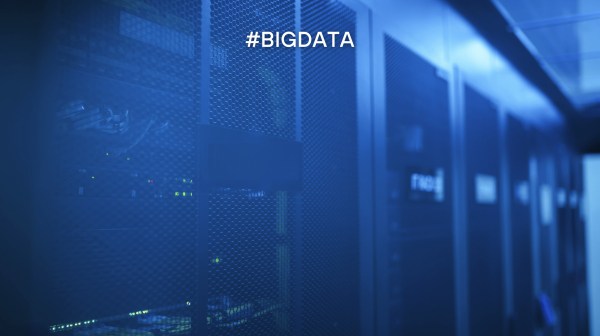Although in the nineties with the democratisation of the Internet and, especially at the beginning of the 21st century, with the explosion that came as a result of it (massification of search engines, web traffic, online shops, social networks…), it seemed that the trend was beginning to show clearly, perhaps we did not expect such a vertiginous and far-sighted manifestation of what the massive collection and analysis of data could mean.
The term market research and its purpose
But first of all, let us turn to the term marketing research itself and its real purpose, which is none other than to help make the best business decisions. Normally, when we speak in general terms of market research, we refer to studies that support actions that are adapted to the tastes and preferences of current and/or potential customers, but we can apply it to many other areas such as identifying new markets or what is even more common, detecting new trends and opportunities within your own market.
Data collection through digital means such as our laptop or smartphone is nowadays quite easily achieved. There are numerous sources and it would be impossible to cite them all here. However, I remember that while I was studying for my degree, almost as much or more was said about the qualitative part, that is, not only about the amount of information we collect or the size and representativeness of the population sample, but also about those other elements that are not so easy to tabulate and that we only obtain if we ‘step on the street’ and go directly to look for them.
Market research and Big Data
All this is, of course, always related to the idea of finding the famous ‘data quality’ also within traditional approaches and thus avoiding a possible catastrophe of limited and/or biased results.
The truth is that we could spill rivers of ink on the differences between one term and the other, but it is much more interesting to know how they currently complement each other, because Big Data has been here to stay for a long time and it helps a lot to enhance and refine market research and analysis. How does it achieve this?
Firstly, obviously, the more data we have, the more reliable the information will be, and here Big Data plays an unrivalled role. On the other hand, the possibility, in many cases, of using data in real time is a significant advantage in terms of decision-making and maximising business agility. It is also possible thanks to Big Data to identify new market opportunities, untapped niches and increases in future demand. In short, the possibilities offered by Big Data in this area are enormous.
Conclusions
We cannot go on much longer, but we could conclude that, provided it is used correctly, Big Data does nothing more than increase the potential for market analysis and thus help to make better decisions. However, we cannot forget an expression that we have been hearing for years when trying to compare one term with another: Big Data tells you ‘what’, but the ‘how’ and ‘why’ is usually only found using traditional market research. In this case, as in life itself: to truly understand consumers’ emotions and behaviours and thus be able to get communication campaigns and new product launches right, the latter two questions have been and continue to be more important than the former.







